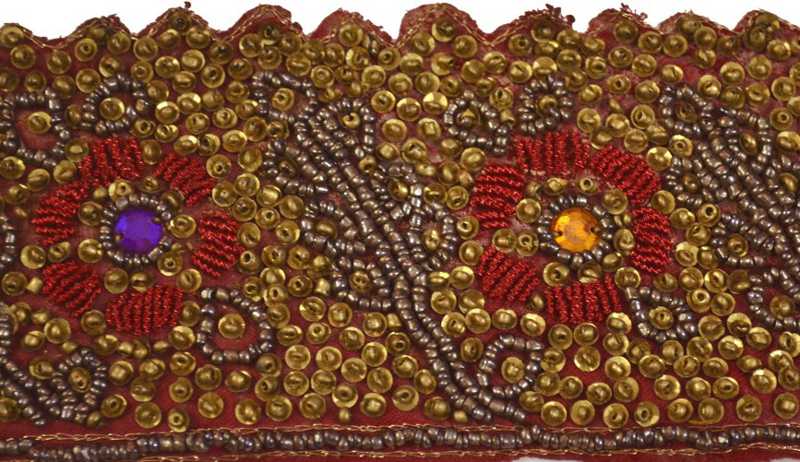===
0293,
12
===

=== |
 |
lagnā : 'To attach (to, -ko ), to cling (to); to be incurred, or contracted (as blame, disgrace, &c.); to attach oneself (to), to be with, or on the side (of); —to come (to); to fall (to or together), to close, shut (as doors, shutters, eyelids or eyes, &c.);... —to attain or reach (to), to arrive (at)'. (Platts p.961)
FWP:
SETS
MOTIFS == CHAK-E GAREBAN; MADNESS
NAMES== GOD
TERMS == AMBIGUITYThat commonplace verb lagnā -- it's astonishing how many things it means (the definition above is just a small selection of the most appropriate parts of its range). But in this verse, its crucial last-moment position as the rhyme-word helps to augment its feeling of ominousness, of doom. The vision I have is that the speaker has 'attached himself to' the heart like a leech; it can never escape him. He will wrestle it into submission, gouge holes in it, and and finally tear it into bloody strips, just as he has already done to his breast.
If the speaker has clawed his breast into rags 'through Divine grace', probably he really thinks-- as a sign of his madness-- that the Lord has allowed him to perform this wild laceration, or even helped him to do it. And as SRF observes, in the second line 'it's time for prayer' could stand in a number of different relationships to the speaker's plan to start in on his heart. Prayer could be appropriate for someone who was about to die, or about to kill himself, or about to murder his helpless heart, or about to render up his spirit to God, or about to leave his loved ones forever.
The grim minimalism of the verse leaves us to decide all such possibilities for ourselves. The speaker is a madman in the process of killing himself-- and he obviously feels that God is on his side, or that he is on God's, every step of the way. It makes us wonder what God would have to say about that.